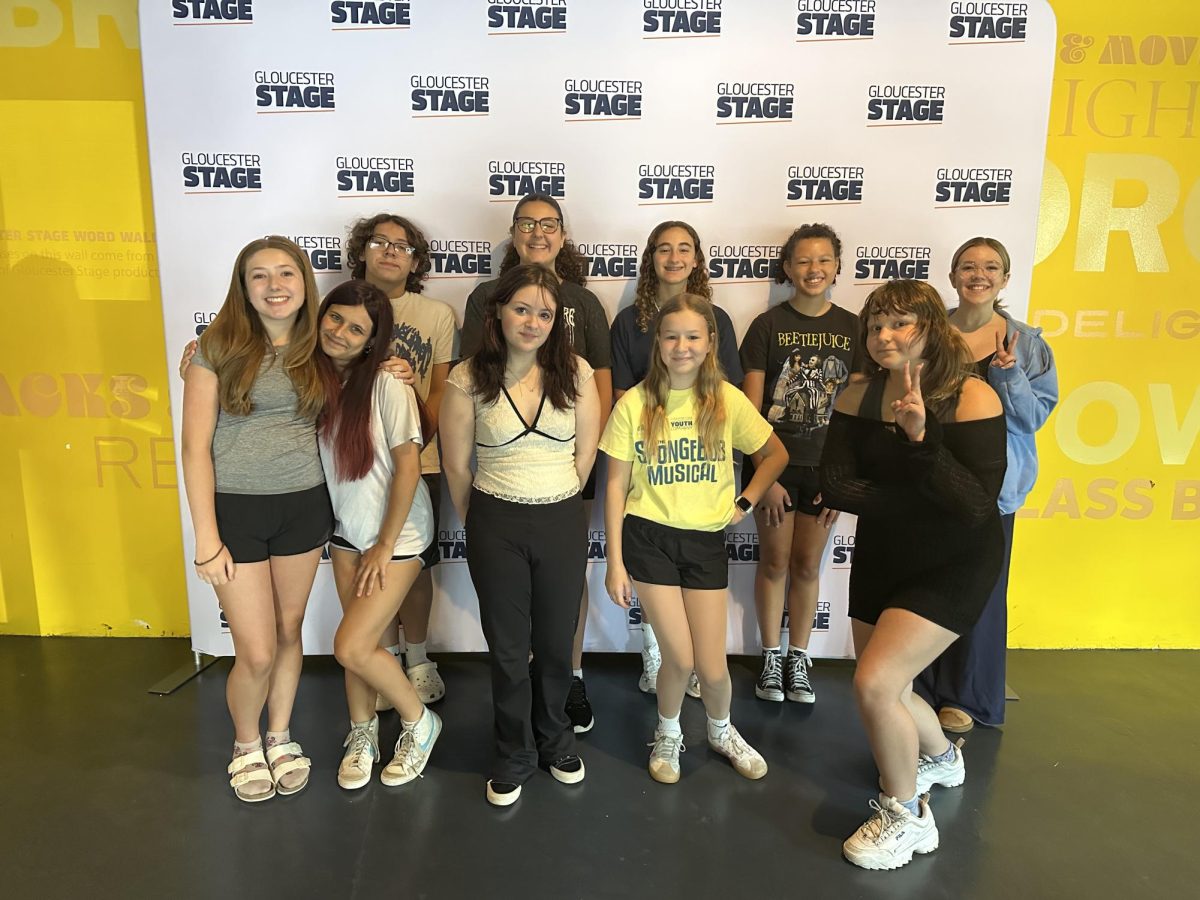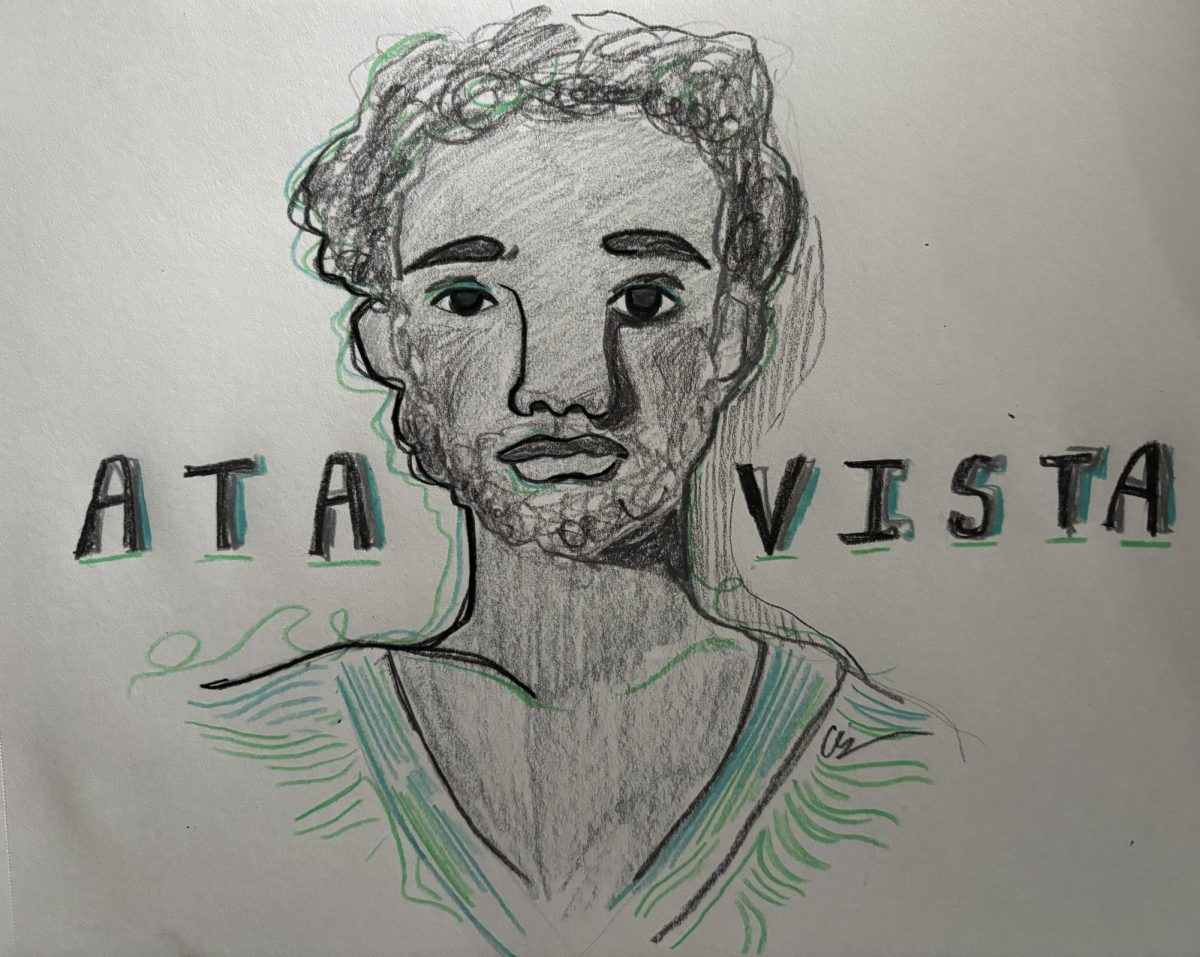Released on May 13th, 2024, “Atavista”, is the surprise 6th studio album from American multi-talent Donald Glover, known musically as Childish Gambino.
Technically, “Atavista” isn’t a new album, but rather a reworking of an earlier LP of his, “3.15.20”, which was released in 2020 and now pulled from streaming. “Atavista” features a handful of new songs, several new features, and a rich sonic world that envelops you and disorients you all at once. Parts of this album feel reminiscent of The Weeknd in vocal quality and futuristic production style, with a distinct level of creativity and boundary-pushing that are trademarks of Gambino’s music (and TV shows, and movies, etc).
It’s a distinctly odd album. If you’re going in expecting a couple well-written verses, some catchy hooks, and a good beat, you won’t be let down, as long as you’re prepared for a lot of bizarre sound effects, distortion, and slightly unsettling musical flourishes. The first few tracks do not ease you into “Atavista”: rather, they throw you in the musical deep end with a torrent of 1980s-style synth-inlaid tracks with unique percussion choices and videogame-style ambiance.
The album goes in a lot of different directions. “The Violence” feels like a more classically Gambino track—funky, melodic, lyrically evocative—while other tracks like “Algorhythm” travel into more truly unorthodox (and at times overwhelming for the headphone listener) directions. However, it does feel like a unified body of work: the production ties it together into a cohesive, multi-faceted musical experience. If you go into this album fresh, having not heard “3.15.20”, it is nigh-impossible to predict what the next song will sound like.
The features on this album are a mixed bag. 21 Savage and Young Nudy both make appearances, to varying degrees of success. Their respective songs, “Psilocybae” and “Little Foot Big Foot”, are very different, so much so that they become hard to compare against each other. “Psilocybae” is much improved by listening through headphones (as opposed to car speakers), and “Little Foot Big Foot” is much improved by pressing the skip button halfway through. “Summer Walker’s vocals on “Sweet Thang” are spellbinding, a wonderful addition to a song that, like many on this album, seems to truly be many songs at once. However, Ariana Grande is the real star of the features—her performance on “Time” only adds to the entrancing sonic universe of the track. If I were compelled to complain, the only thing I would ask for is more of Grande’s vocal excellence and stability.
If there’s one thing Gambino can do, it’s write a hook. “Human Sacrifice” is a fabulous example of this, as the refrain of “turn the lights out / we shine better in the dark” works its way into the back rooms of your brain to reemerge at an inconveniently quiet moment (say, an AP test). Though I lament how light this album is on Gambino’s signature wordplay-rich rapping, I applaud him for bringing new life into his previous work and reminding the world just how unconventional he can get. Though Gambino is best known as a rapper, musically speaking, it may be unfair to constrain him to that box, as he seems to be less focused on high-speed lyricism and more interested in testing the boundaries of his own creativity.
I have a lot of favorites from this album, both familiar tracks from “3.15.20” and new loves. “Final Church” is Gambino at his best: layered, fiery, and spirited. “Atavista”, the title track, is a contender for the number one spot, as is “Time”. Truly, in an album with so much variety and texture, it’s difficult to pin down a musical victor.
There’s a lot to respect about Childish Gambino, but the feature that takes the crown is his singular focus on his own creativity. From “Atlanta” to “Atavista”, Donald Glover is less interested in creating for the masses and more interested in creating something excellent. That isn’t to say that he is infallible, or that his works are flawless, but his unbridled and unfettered experimentation in the interest of making something uniquely his own is something to be admired.
“Atavista” is definitely not an easy listen. It twists you around, immerses you in a wave of sheer sound and spits you out again, lulls you to paradise with a gospel-style outro one second and wakes you up to the dulcet tones of Young Nudy. But, especially for those who were unfamiliar with “3.15.20”, it is more than worth a listen. In a time of musical commodification in a money-hungry industry, “Atavista” is bold, uncompromising, and distinctly itself.































